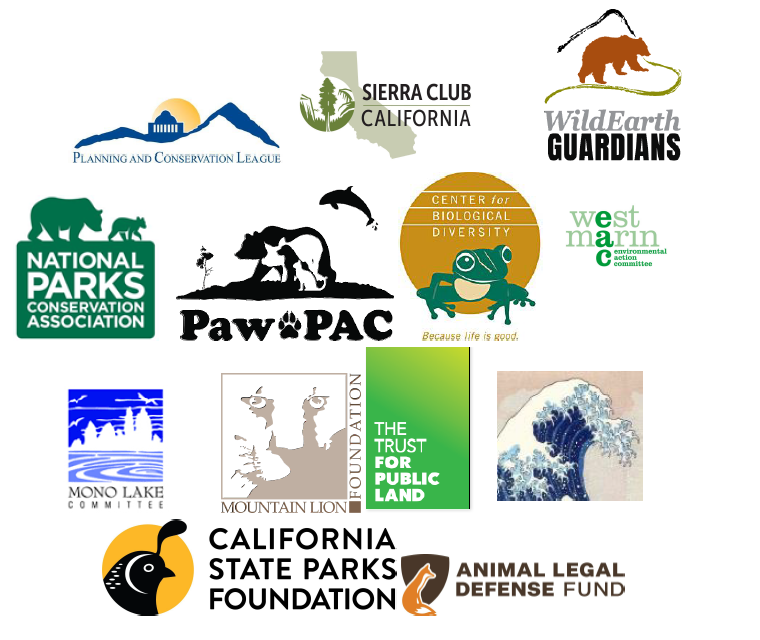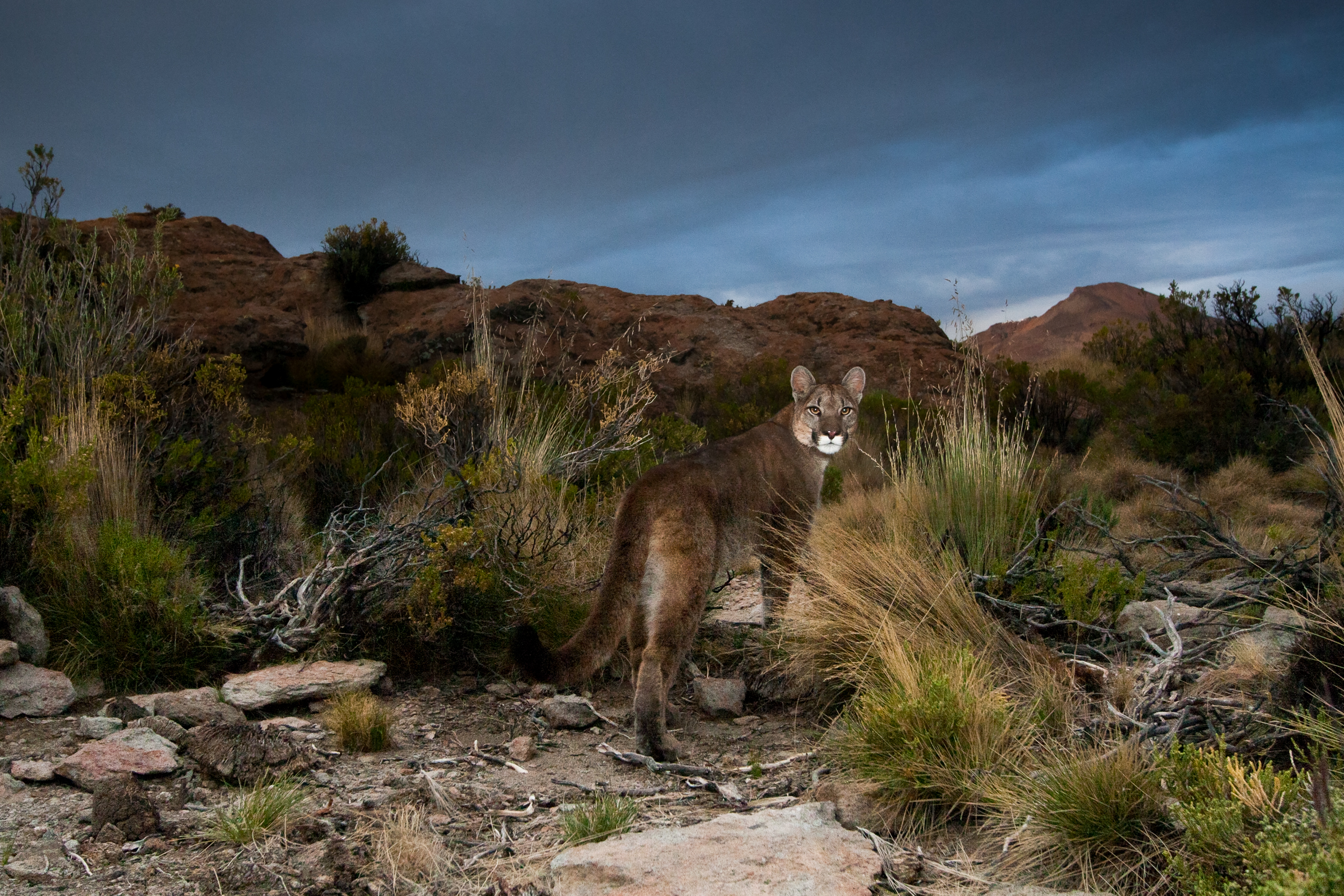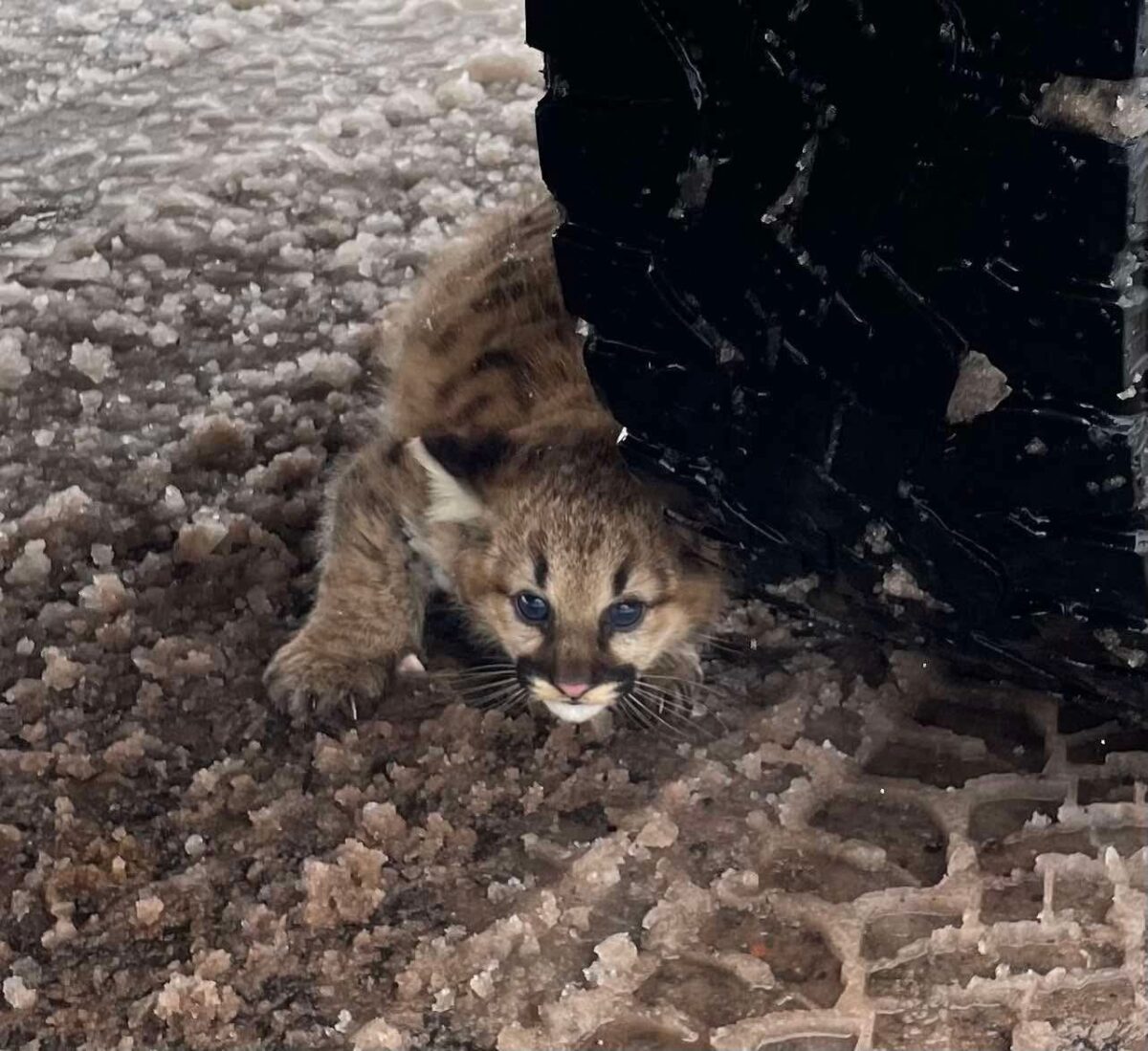California Assembly Bill 434 would have expanded Commercial Grazing leases in California State Parks
The Mountain Lion Foundation lead a large and diverse coalition of conservation, public lands, and wildlife protection organizations in opposing California Assembly Bill 434. This bill aimed to greatly expand commercial grazing leases in California’s state parks, wildlife areas, ecological reserves, and other precious public lands that mountain lions call their home. Due to strong opposition the author pulled the bill from consideration this year.
Our opposition letter:

March 25, 2021
The Honorable Robert Rivas
California State Assembly
State Capitol
Sacramento, CA 95814
RE: Opposition to Assembly Bill 434 (Public lands: grazing leases.)
Dear Assemblymember Rivas:
On behalf of the undersigned organizations, we write to express opposition to your Assembly Bill 434 (AB 434), which would unnecessarily, and problematically, expand grazing in California’s public lands, including our state parks and lands managed by the California Department of Fish and Wildlife (CDFW) and State Lands Commission.
We have strong concerns about the conflicts with native wildlife and the recreating public that expanded grazing on our state’s public lands would create. Grazing by non-native species has led to severe and sometimes irreversible degradation of native ecosystems. Specifically, grazing can cause degradation of habitats that threatened, endangered, or sensitive native plant and animal species rely on and can cause significant impairment of water quality. Our state’s public lands belong to all Californians and must be managed to maintain their long-term ecological integrity and access for all.
AB 434 proposes to elevate the tool of grazing above other tools for resource management, even though many other tools (e.g., prescribed fire) have been shown to have greater efficacy for the resource management goals of the public lands at issue. For example, for CDFW lands, AB 434 inexplicably would promote grazing as a management tool even if it is incompatible with the purpose for which the lands were acquired or incompatible with the land management plan. AB 434 also would elevate grazing as the primary tool for resource management on state public lands even if other tools were more appropriate to meet the resource management goals at the heart of state parks’ mission – namely, protecting biodiversity and the state’s most valued natural and cultural resources.
AB 434’s proposed 5-20 year lease term locks in an arbitrary timeframe to benefit ranchers while removing latitude of public land managers to develop a grazing agreement that incorporates variables such as time, intensity, herd size, and improvements (e.g., fences, off-stream watering devices). These and other elements need to be considered as part of a holistic approach that would reflect the variable conditions across the millions of acres of California.
By allowing grazing unless it is determined to be incompatible, AB 434 upends the current authorities, which allows grazing if determined to be compatible with public land purposes. Shifting to a presumption of compatibility unless state land managers can prove incompatibility is fundamentally at odds with California’s approach to environmental laws (e.g., CEQA), and would require the state to undertake costly compatibility assessments on proposals to graze public lands. Because the measure would apply to virtually all state public lands, such assessments could cost the public hundreds of thousands of dollars per year and would take critical staff resources from other priority biodiversity protection and climate adaptation efforts.
AB 434’s costs extend beyond such determinations of incompatibility. Other costs would include, but not be limited to:
-
-
- installing and maintaining grazing control devices (fences);
- installing and maintaining off-stream watering devices;
- undertaking annual monitoring of grazing efficacy;
- adding more staffing expertise in grazing lease development and management;
- undertaking regulatory review for proposed leases – under CEQA, CESA, FESA, Clean Water Act, CDFW LSA, for each proposed lease;
- completing cultural resources review including PRC 5024 review and review by the Office of Historical Preservation; and,
- undertaking tribal cultural resources (AB 52)
-
While AB 434 would expand grazing on state public lands, it does not provide funding to administer or manage for this expanded use on public lands. State parks and CDFW have insufficient funding, and staff to create and administer monitoring systems that will provide reasonable assurance that adverse impacts will be minimized and promised lease benefits are achieved. State lands managers also lack enforcement and program staff needed to react to and manage inevitable conflicts between grazers and native wildlife ranging from depredation by native carnivores to impacts on threatened and endangered species.
By requiring preferential renewal if terms of the lease are met, AB 434 would significantly curtail the ability of state public land managers to adaptively manage grazing on our public lands. Changing lease terms to respond to changed management needs would begin with a presumption against the state. We believe that once a rancher has secured a public lands lease, the land will never again be available to the public – it will be income-generating land for the benefit of the private leaseholder. Grazing would displace recreational activity in the backcountry where it is already limited for many populations. In addition to impacting the goals of equitable access, this loss of recreation would negatively impact the state’s revenues, which are relied upon to underwrite resource protection and stewardship.
There is a robust documentary record of the negative impacts that grazing can have on natural and cultural resources. These impacts range from water quality and wildlife impacts, to spread of invasive exotic species to destruction of archaeological sites and tribal cultural resources. While some of these impacts can be minimized or mitigated with good oversight and management, that oversight and management will require new dedicated and skilled staff and concomitant funding resources needed to support these new activities.
Finally, and perhaps most importantly, existing law already gives state public land managers authority to utilize grazing as a tool to manage land where they determine that it is appropriate. AB 434 thus adds no public benefits; instead, it benefits grazers to the detriment of the state’s public land managers, the recreating public, taxpayers, and our most precious public lands and the native wildlife who live there.
For all these reasons, our organizations oppose AB 434.
Sincerely,
| Brandon Dawson, Policy Advocate Sierra Club California |
Lindsay Larris, Wildlife Program Director WildEarth Guardians |
| Debra Chase, CEO Mountain Lion Foundation |
Brian Nowicki, CA Climate Policy Director Center for Biological Diversity |
| René Rowland, Chair PawPAC |
Neal Desai, Senior Director of Field Operations National Parks Conservation Association |
| Jennifer Hauge, Legislative Affairs Manager Animal Legal Defense Fund |
Adrienne Underwood, Policy Manager California State Parks Foundation |
| Gordon Bennett , President Save Our Seashore |
Morgan Patton, Executive Director Environmental Action Committee of West Marin |
| Geoffrey McQuilkin, Executive Director Mono Lake Committee |
Rico Mastrodonato, Government Affairs Director Trust for Public Land |
| Sofia Rafikova, Policy & Operations Coordinator Planning and Conservation League |
|



 Facebook
Facebook Twitter
Twitter Send Email
Send Email


